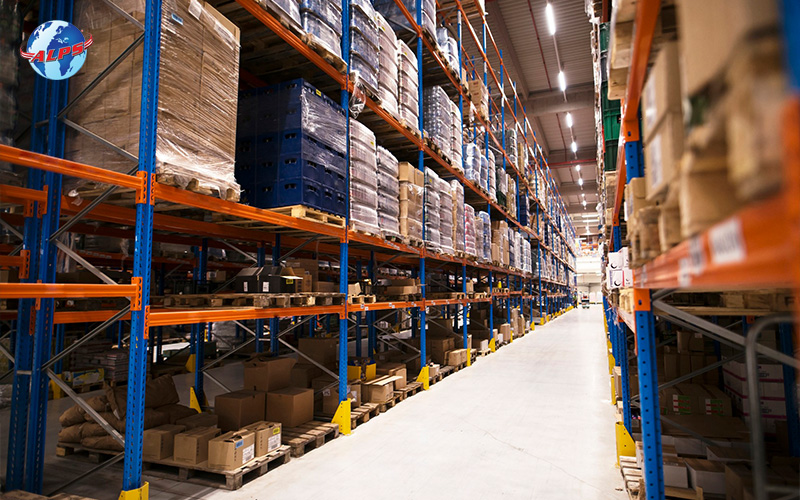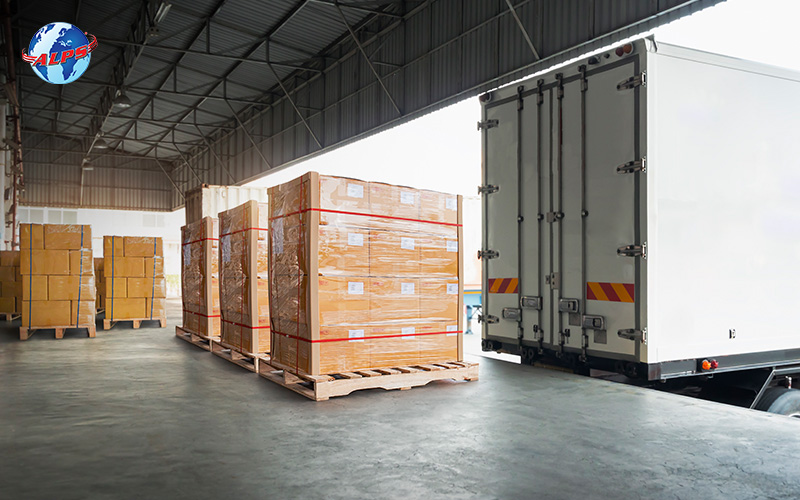Key Takeaways
- IATA Compliance is Essential – Following IATA’s Live Animals Regulations ensures safe, humane, and legally compliant air transport for all animal types.
- Proper Documentation is Critical – Health certificates, permits, and CITES documents (if applicable) must be prepared for smooth air freight clearance in Singapore.
- Choose Experienced Partners – Work with certified airlines and freight forwarders like ALPS Global Logistics to ensure your live animal shipments are handled with care and expertise.
Shipping live animals by air is a delicate process that demands careful planning, strict adherence to international guidelines, and a proper understanding of animal welfare. Whether you’re transporting pets, livestock, or exotic animals, ensuring their safety and comfort throughout the journey is paramount.
Here’s what you need to know before you book your next air freight shipment involving these animals.
1. Understanding IATA’s Live Animals Regulations (LAR)
When it comes to shipping animals by air, the gold standard is the International Air Transport Association (IATA)’s Live Animals Regulations (LAR). These regulations provide a comprehensive framework to ensure humane and safe transport. They include specific container requirements, ventilation guidelines, acceptable temperature ranges, and airline responsibilities for handling different species.
For example, IATA outlines strict criteria for crate dimensions to ensure animals can stand, turn, and lie comfortably. The LAR also provides handling instructions for various animals, whether you’re moving tropical birds, reptiles, or domestic pets. If you’re engaging in air freight transportation, working with an IATA-compliant logistics partner is essential to ensure all boxes are ticked.
2. Required Documentation and Permits for Singapore Shipments
In Singapore, the Agri-Food & Veterinary Authority (AVA) oversees the import and export of animals. To ship via air freight, you’ll need several key documents in place:
- Valid health certificates issued by a licensed veterinarian
- Vaccination records, particularly for diseases like rabies or avian flu
- Import or export permits from the respective authorities
- CITES documentation if the animal belongs to a protected or endangered species
Failure to provide the correct paperwork can result in costly delays, animal quarantine, or outright rejection of entry. Make sure your freight partner understands the regulatory landscape of shipping freight by air in and out of Singapore to avoid any surprises at customs.
3. Pre-Flight Handling and Animal Welfare Considerations
Animal welfare doesn’t stop at documentation—it’s equally about the care provided before and during the journey. That starts with selecting a crate or kennel that fits the animal’s size and species. Proper ventilation, water supply, and feeding arrangements must be considered, especially for longer journeys or layovers.
Reducing stress is another major concern when shipping live animals. Animals should be acclimatised to their travel container ahead of the flight to ease anxiety. During transit, handlers must minimise loud noises, harsh lighting, and excessive movement. Ideally, choose an airport with specialised animal holding facilities to provide a calm environment before take-off.
4. Choosing an Airline and Freight Partner Experienced in Live Animal Cargo
Not all airlines are equipped or willing to transport animals, especially those requiring specific care. When selecting your carrier, it’s crucial to check if they are IATA-LAR certified and have trained staff, temperature-controlled facilities, and contingency plans in case of delays.
Similarly, your logistics provider should have a proven track record in handling air freight involving animals. From coordinating with quarantine services to monitoring flight conditions, a knowledgeable partner can help you navigate the complexities of air freight Singapore regulations with ease.
Shipping these animals by air isn’t just a matter of booking a flight—it’s a complex process that involves legal compliance, logistical precision, and above all, compassion. So, whether you’re moving pets across borders or relocating exotic species, trust a freight forwarder who understands the unique demands of air freight transportation for live animals.
At ALPS Global Logistics, we specialise in handling complex and sensitive shipments, including the safe and compliant transport of live animals. With deep expertise in air freight Singapore, IATA-compliant processes, and a dedicated team, we’re here to make your animal shipping experience smooth and stress-free.
Get in touch with us today to plan your next live animal shipment with confidence.













